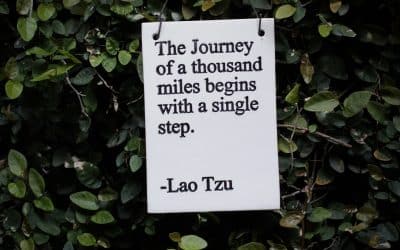Having hesitations to starting couples therapy is common!
“What if my partner doesn’t want to do couples counselling?”
We get this question a LOT, and we have many clients with partners who are reluctant, not ready, or plain old and not interested in therapy. We understand why this comes up so often, as couples counselling can feel intimidating.
Maybe your partner has had a bad experience with a therapist, or they are worried that they are going to be blamed or ganged up on. Or simply the idea of opening up to a complete stranger about personal relationship problems feels uncomfortable at best.
Our main mission here at Illuminate Counselling is to demystify the counselling process and to address some of the barriers that people face in connecting with someone who may be able to help. Read on for some suggestions on how to navigate partner reluctance.
If your partner is hesitant about couples counselling
- Validate their feelings. Express that you understand the hesitation but that you plan to go on your own to work on your contribution to the problem.
- Get curious. Try something like, “Can you help me understand your concerns or fears?” or “How can I make the process feel safer for you?”
- Involve him/her in the process. For example, you could provide a list of possible therapists and ask them to choose who they feel most comfortable with (after all, the fit is KEY). And you are doing some of the legwork ahead of time, making it easier for them to put in effort as well.
If your partner is a hard NO on therapy
Remember that the decision to attend & participate is ultimately theirs while forcing them to go is probably not going to get either of you moving in a constructive direction. That said, here are a few ideas to test the waters and see whether you can get any traction:
- Share your disappointment but that you plan to go to individual counselling to work on your piece
- Propose alternatives such as a guide or course that is self-paced and less intimidating than counselling. We have some great ones for relationships that you can explore here.
- Finally, ask for clarification about what this means: is it NO to therapy, or NO to putting effort into making changes in the relationship? There’s a big difference.




